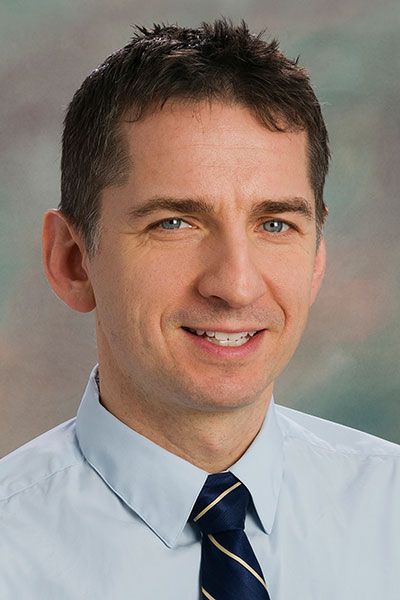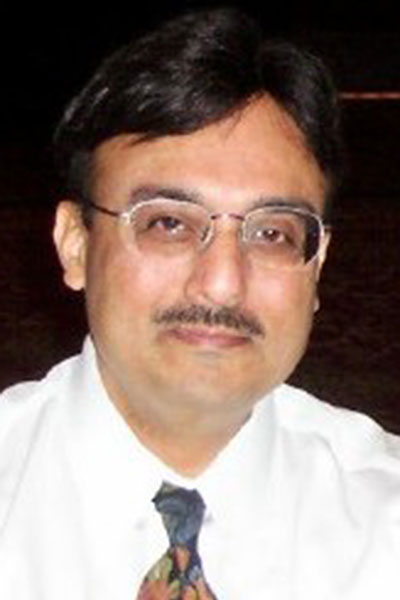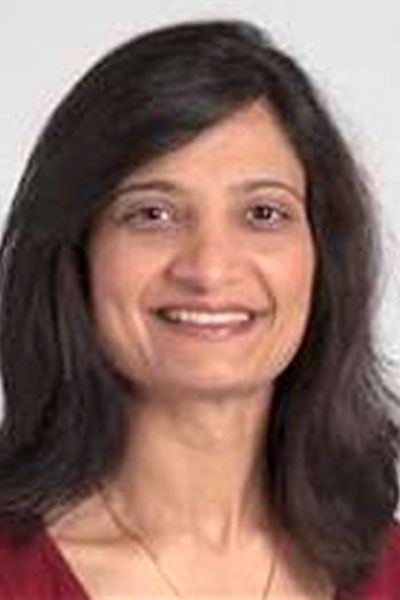
Sessions throughout CHEST 2022 will advance the important work of recognizing and addressing disparities within pulmonary, critical care, and sleep medicine. This year’s program will explore the many factors that hold back and harm diverse populations, from entrenched biases in the health care system to emerging effects from global crises.
“The impacts of diseases hit different people differently, and that’s been underrecognized for far too long. This is now increasingly coming to the forefront,” said Interdisciplinary/Practice Operations/Education Curriculum Group Leader David Zielinski, MD, FCCP. “Furthermore, if you already faced disparities leading to worse outcomes, those were exacerbated by events such as the COVID-19 pandemic. We are increasingly recognizing the impact of climate change and pollution on worsening these disparities, as well.”
The disproportionate effects of environmental upheaval will be a focus of Climate Change and Impact on Our Patient’s Lung Health, on Wednesday, October 19, from 11:15 AM – 12:15 PM CT, in Room 208A. Experts will discuss the active role that CHEST and its members can play in addressing the multiplying challenges impacting their most vulnerable patients.
Older, more ingrained causes of disparities will also get a fresh look at CHEST 2022. Several sessions will be aimed at overcoming assumptions or practices that have long used the white male experience as a baseline, Dr. Zielinski said.

The panel discussion, Use of Race/Ethnicity in Pulmonary Function Testing, on Sunday, October 16, from 1:00 PM – 2:00 PM CT, in Room 208A, will examine how race-based correction in spirometry has contributed to biased medical care and exacerbated health disparities. Another panel discussion, Obstructive Sleep Apnea: Sex Distinct Topics and Treatments, on Tuesday, October 18, from 4:00 PM – 5:00 PM CT, in Room 106A, will challenge a one-size-fits-all approach to OSA, focusing on its distinct presentation in women throughout their lives, including during pregnancy.
Racial and gender disparities among patients are also important to look at in context with discrimination faced by physicians from underrepresented groups, said Shahid Sheikh, MD, FCCP, pulmonologist at Nationwide Children’s Hospital and a professor of clinical pediatrics at The Ohio State University College of Medicine.
Dr. Sheikh is the chair of Racial and Gender Bias in Patients and Physicians, on Tuesday, from 2:45 PM – 3:45 PM CT, in Room 208B. Presentations within that session will put a spotlight on deep-rooted biases within the workplace that affect the careers of female physicians, marginalized physicians, and international medical graduates, as well as the quality of care for patients.
“When you look at the demographics, and you look at all these groups, you can clearly see that, though we are more aware of these deficiencies, they are still an integral part of our health care system,” Dr. Sheikh said. “They need to be discussed head-on, in such a way that, in the future, our health care teams and the health care being provided are more diversified, so that everyone can feel a part of the system, and we can gain the trust of our patients in a much better way.”

Attendees can continue to interrogate workplace inequities during back-to-back sessions designed in collaboration with the Association of Pulmonary and Critical Care Medicine Program Directors (APCCMPD). The APCCMPD/CHEST joint clinician educators session, #MeToo & #HeforShe: Bias, Harassment, & Allyship, on Tuesday, from 8:00 AM – 9:00 AM CT, in Room 209B, will help bring attention to harmful behaviors and provide strategies for building a better working environment. Following that session, the discussion will continue during Implicit Bias in Multidisciplinary Team Setting – How to Recognize and Mitigate It, from 9:15 AM – 10:15 AM CT. That panel will engage audience members in identifying biases in everyday, routine encounters and their impact on team members and patient care, said Chair, Aanchal Kapoor, MD, FCCP, critical care specialist and director of the Medical Intensive Liver Unit in the Respiratory Institute at Cleveland Clinic.
“Implicit gender and racial bias, unspoken hierarchies, power imbalances, and stereotypic threats in a team setting can lead to unresolved tension and barriers to interprofessional collaboration and patient care,” Dr. Kapoor said. “These implicit biases can have long-lasting effects on team members’ well-being and performance by risking confidence, perpetuating feelings of imposter syndrome, hindering academic advancement, and increasing burn out.”
She hopes attendees will recognize that workplaces and patient care can be harmed not only by prejudices around gender or race but also assumptions based on incomplete understandings of lifestyles or personalities.
“Implicit bias is hidden and difficult to recognize. It should be assumed that we all have implicit biases,” Dr. Kapoor said. “Going to the session is just an activity which tells us how to recognize implicit biases and the strategies we can incorporate to reduce them. It’s open for all. No matter how many times I myself have thought I’m trying my best to mitigate my own biases, there’s still room to learn.”
Join us at CHEST 2025
Save the date for the next Annual Meeting, October 19 to 22, 2025, in Chicago. CHEST 2025 will explore the latest advancements in pulmonary, critical care, and sleep medicine, with a focus on innovation and the future, just as the city itself embodies progress and reinvention.





